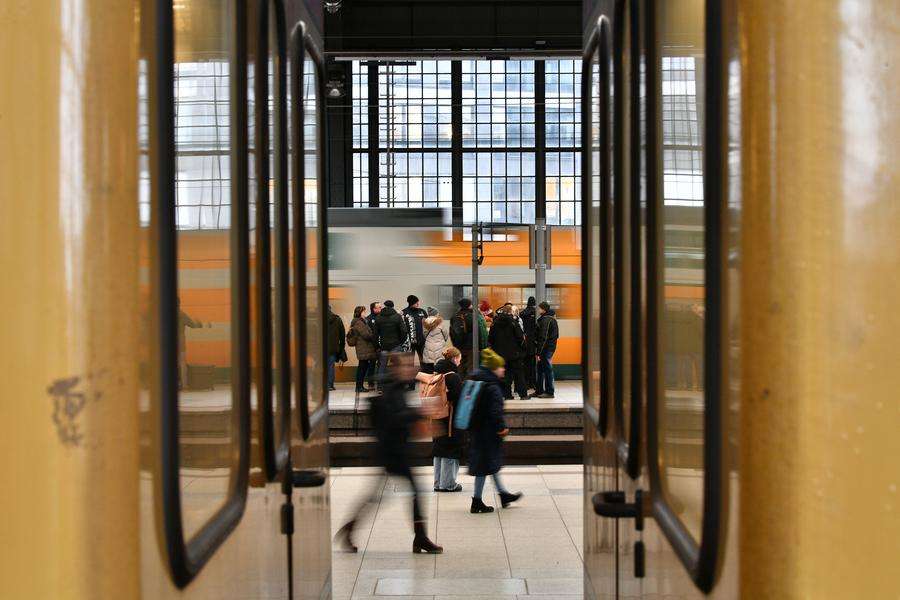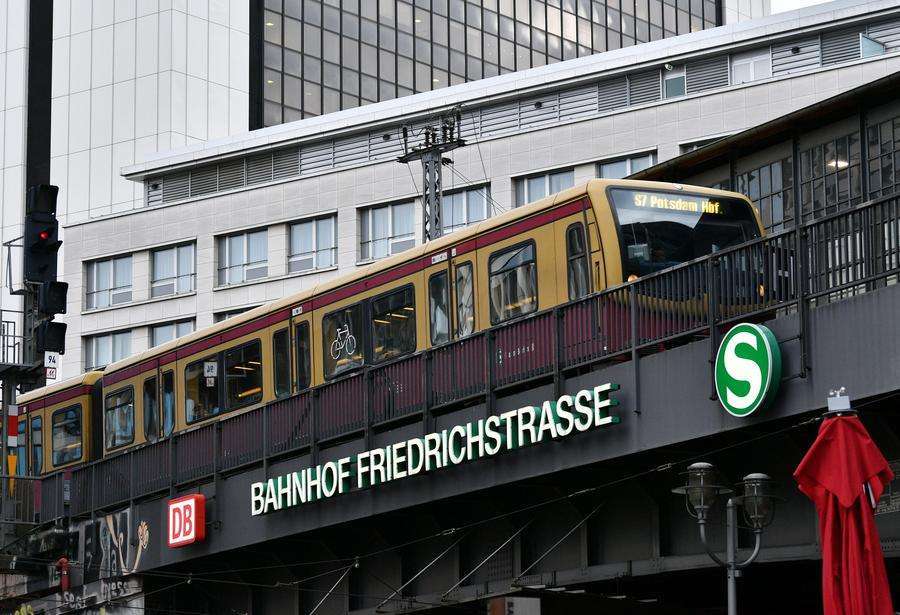BERLIN, Oct 17 - Germany, once considered Europe's economic superpower, is facing its second consecutive year of economic contraction, raising concerns about its future growth prospects.
The German government's latest autumn forecast predicts a GDP decline of 0.2 % for 2024 after a similar drop in 2023, making Germany the only advanced economy with negative growth last year.
Experts attribute the economic downturn to a combination of conservative public investment, over-reliance on manufacturing and exports, and external shocks such as the Russia-Ukraine conflict. These factors suggest that Germany may struggle to regain its former economic strength in the short term.

The "engine" is slowing down
More than twenty years ago, Germany was labelled the "sick man of Europe" because of its sluggish economy. However, the country has recovered and has become the economic engine of Europe, especially after the global financial crisis in 2008. Today, however, there are signs of a renewed downturn.
After a contraction in 2023, the German government's latest economic report, published on 9 October, downgraded its GDP growth forecast for 2024 from a projected 0.3% increase to a 0.2% decline, suggesting a second consecutive year of recession.
This decline was supported by high inflation, higher interest rates and weak export demand. As an export-oriented economy, Germany is particularly vulnerable to fluctuations in global demand, which led to a decline in industrial production, factory orders and exports in the second quarter of this year.
Economic pressures are taking their toll on businesses. German credit agency Creditreform reported that around 11,000 businesses filed for bankruptcy in the first half of 2024, an increase of almost 30 percent on the previous year and the highest level since 2016.
Larger firms have also announced job cuts. Volkswagen has announced potential layoffs and the closure of some of its German plants, while the ZF Group, an automotive parts maker, plans to cut 11,000 and 14,000 jobs by 2028. Continental, a major player in the transport sector, is also planning to reduce its workforce by 7,150 employees.

Internal restrictions
Experts cite bureaucratic inefficiency as a major obstacle to Germany's economic growth and point out that it takes at least 120 days to start a new business in the country, double the average time in OECD countries.
The situation is further complicated by insufficient investment in infrastructure. Germany's ageing railways, deteriorating motorways and slow internet speeds undermine its reputation as a world economic leader. Public investment as a share of GDP has been steadily falling below the EU average for several years.
Under former Chancellor Angela Merkel, spending on infrastructure such as roads and railways averaged only 0.65 % of GDP, which delayed necessary repairs. In June, only 52.5 percent of trains were running on time, a record low.
The country's digital infrastructure is also lagging behind. Data from Statista shows that only 4.2 million Germans have access to fibre-optic internet, equivalent to a coverage rate of just 17.7%. Moreover, according to the EU Digital Economy and Society Index, Germany is below the EU average in terms of digital skills, digital business and digital public services.
Political disagreements within Germany's coalition government have exacerbated these problems and are hampering progress on key policies, including the federal budget for 2025. While the Social Democrats (SPD) and Greens are pushing for increased spending on green transition initiatives and infrastructure, the Free Democratic Party is insisting on strict adherence to constitutional debt limits, leading to protracted negotiations.

External factors
Germany's economic success has long been linked to its manufacturing industry, with sectors such as automotive, engineering, electronics and chemicals accounting for 19 per cent of GDP, twice as much as Britain and France. However, this heavy reliance on traditional industries has exposed Germany to disruptions in global supply chains, especially after the COVID-19 pandemic and the Russia-Ukraine conflict.
Economists warn that Germany's slow transition to new industries such as artificial intelligence and renewable energy is limiting its ability to offset declines in traditional sectors. The U.S. Inflation Reduction Act, which provides substantial subsidies for green technology, has lured investment away from Germany, with Tesla shifting plans to build a battery factory from Germany back to the United States.
"Germany's economy is built on manufacturing, and if deindustrialisation continues, it could have serious long-term consequences," He told Zheng Chunrong, Director of the Center for German Studies at Tongji University.

Future challenges
Germany's economic difficulties are the result of a combination of internal and external factors that include both short-term disruptions and long-term structural problems. The IMF projects that Germany's growth will lag behind that of the United States, the United Kingdom and France over the next five years.
German Chancellor Olaf Scholz has announced his intention to seek re-election next year. However, his SPD party suffered significant losses to opposition parties in the European Parliament elections in June, with critics attributing the defeat to widespread dissatisfaction with the government's handling of economic problems.
In July, the Scholz government announced a draft budget for 2025, along with 49 measures aimed at stimulating growth. These measures include investment incentives, cutting red tape and strengthening energy infrastructure.
The proposed measures include an extension of the accelerated depreciation rule for businesses until 2028, an increase in maximum depreciation allowances and new tax incentives for overtime. The budget aims to increase federal capital spending, with a record €57 billion ($62.13 billion) earmarked for 2025. In addition, research and development subsidies will be increased, with large businesses eligible for up to €3 million ($3.09 million) and small and medium-sized enterprises (SMEs) up to €4.2 million ($4.58 million).
However, experts warn that limited fiscal space may limit the impact of these measures. "High energy costs, excessive regulation, ageing infrastructure and a shortage of skilled workers and raw materials are contributing to Germany's economic weakness," Zheng said. "It remains uncertain whether Germany can keep up with the United States and emerging markets."
XINHUA/ gnews - RoZ
PHOTO - Xinhua/Ren Pengfei



